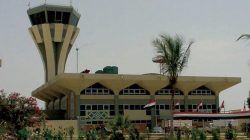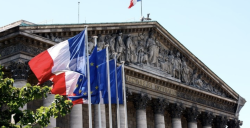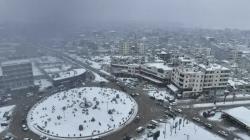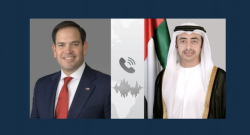Tigray crisis: Why there are fears of civil war in Ethiopia
- 2020-11-05 17:22:36


 Pierre Rayer: Art, Science, and Happiness: The Universal Mission of Transmission to Future Generations through Patronage at the Louvre Abu Dhabi
Pierre Rayer: Art, Science, and Happiness: The Universal Mission of Transmission to Future Generations through Patronage at the Louvre Abu Dhabi Ahly crowned Super champions after dramatic extra-time win over Modern Future FC
Ahly crowned Super champions after dramatic extra-time win over Modern Future FC Yemeni Honey..A Development Wealth Threatened By Conflict And Climate Change
Yemeni Honey..A Development Wealth Threatened By Conflict And Climate Change California wildfires: Millions warned of possible power cut
California wildfires: Millions warned of possible power cut Central African rebels launch attacks near capital
Central African rebels launch attacks near capital Yemen’s Legitimacy Crisis: Cancellation of All Yemenia Airways Flights and Suspension of Operations at Aden Airport!
Yemen’s Legitimacy Crisis: Cancellation of All Yemenia Airways Flights and Suspension of Operations at Aden Airport! French Foreign Ministry: Concern Over Yemen Situation, Support for Ongoing Diplomatic Efforts
French Foreign Ministry: Concern Over Yemen Situation, Support for Ongoing Diplomatic Efforts Syrian police officer killed in Aleppo suicide bombing on New Year’s Eve
Syrian police officer killed in Aleppo suicide bombing on New Year’s Eve New Year’s Eve 2026: President Sheikh Mohamed shares greetings and hopes for prosperity for all
New Year’s Eve 2026: President Sheikh Mohamed shares greetings and hopes for prosperity for all UAE FM Abdullah bin Zayed Holds Phone Call with U.S. Secretary of State Marco Rubio on Yemen Developments
UAE FM Abdullah bin Zayed Holds Phone Call with U.S. Secretary of State Marco Rubio on Yemen Developments
